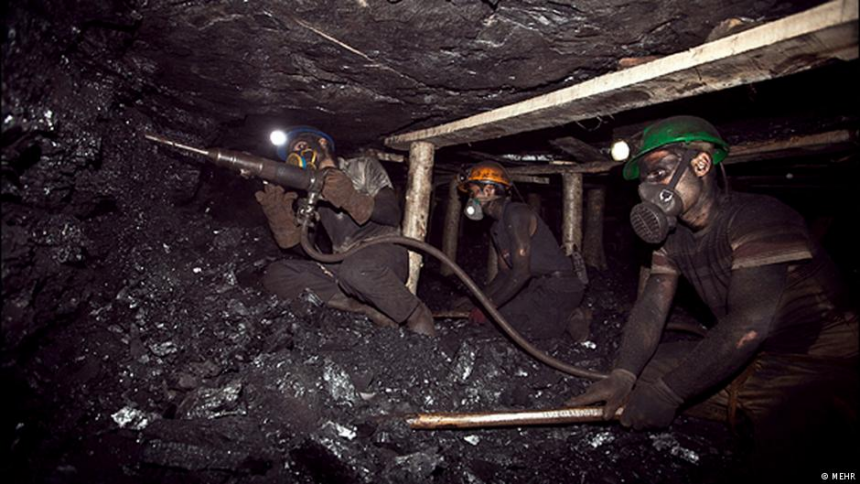RASC News Agency: Eight Afghanistani migrant workers have been tragically killed following a powerful explosion at a coal mine in Tajikistan’s Sughd Province. The blast occurred on Friday, May 9, in the Ayni districtvan area known for its hazardous mining conditions. Preliminary reports attribute the incident to a dangerous accumulation of gas inside the mine, a common and preventable cause of fatal accidents in poorly regulated industrial sites across Central Asia. According to credible sources in Daikundi Province, five of the deceased were residents of Daikundi’s central district, two were from Miramor, and one hailed from Ashterlay. Among the victims was Kazem Beigi, a university-educated engineer and graduate of Kabul Polytechnic University, whose death underscores the painful reality that even educated professionals in Afghanistan are compelled to seek dangerous work abroad due to the country’s dire economic collapse.
Local sources confirm that the workers had been dispatched to Tajikistan by a private subcontracting company. The explosion reportedly took place at approximately 1:30 PM local time, while the workers were engaged in deep excavation activities within the mine. Despite the magnitude of the tragedy, neither the Tajikistani authorities nor state-controlled media have released official information or extended condolences to the victims’ families. The lack of transparency from Tajikistani officials has raised serious concerns among labor rights organizations and human rights advocates, who accuse regional governments of turning a blind eye to the plight of foreign laborers especially undocumented Afghanistanis working under exploitative and unsafe conditions.
“This incident is not simply a tragic loss of life; it’s a glaring indictment of the systemic neglect facing Afghanistani workers across Central Asia. These individuals are routinely employed in some of the most hazardous industries without access to legal protections, safety training, or medical support,” said an international labor rights advocate monitoring the situation. The families of the victims, already grappling with profound emotional loss, now face additional burdens financial instability, the uncertainty of repatriating their loved ones’ remains, and the absence of governmental support from both Tajikistan and the Taliban-controlled Afghanistan.
The broader context behind this tragedy lies in the humanitarian and economic breakdown inside Afghanistan since the Taliban’s return to power in 2021. Widespread unemployment, the collapse of public services, and international sanctions have driven tens of thousands of Afghanistani citizens many of them young mencinto perilous labor migration routes across Iran, Central Asia, and the Gulf states. Despite their significant contributions to the economies of host countries, these workers are often excluded from labor protections, denied access to legal documentation, and forced into exploitative contracts with private firms that operate without oversight or accountability. In high-risk sectors such as mining, these systemic failures frequently turn fatal.
Rights groups are now calling for an immediate independent investigation into the causes of the explosion, compensation for the victims’ families, and urgent reforms to protect the safety and dignity of migrant laborers. They have also urged international agencies and human rights bodies to pressure Tajikistan to enforce international labor standards and to establish bilateral agreements that ensure Afghanistani migrants are treated with the protections they are due under international law. As mourning spreads across Daikundi and beyond, the tragedy has become a grim reminder of the human cost of forced migration, economic despair, and geopolitical indifference. Without urgent reforms, observers warn, such disasters will only continue claiming more lives and deepening the suffering of Afghanistan’s most vulnerable populations.






